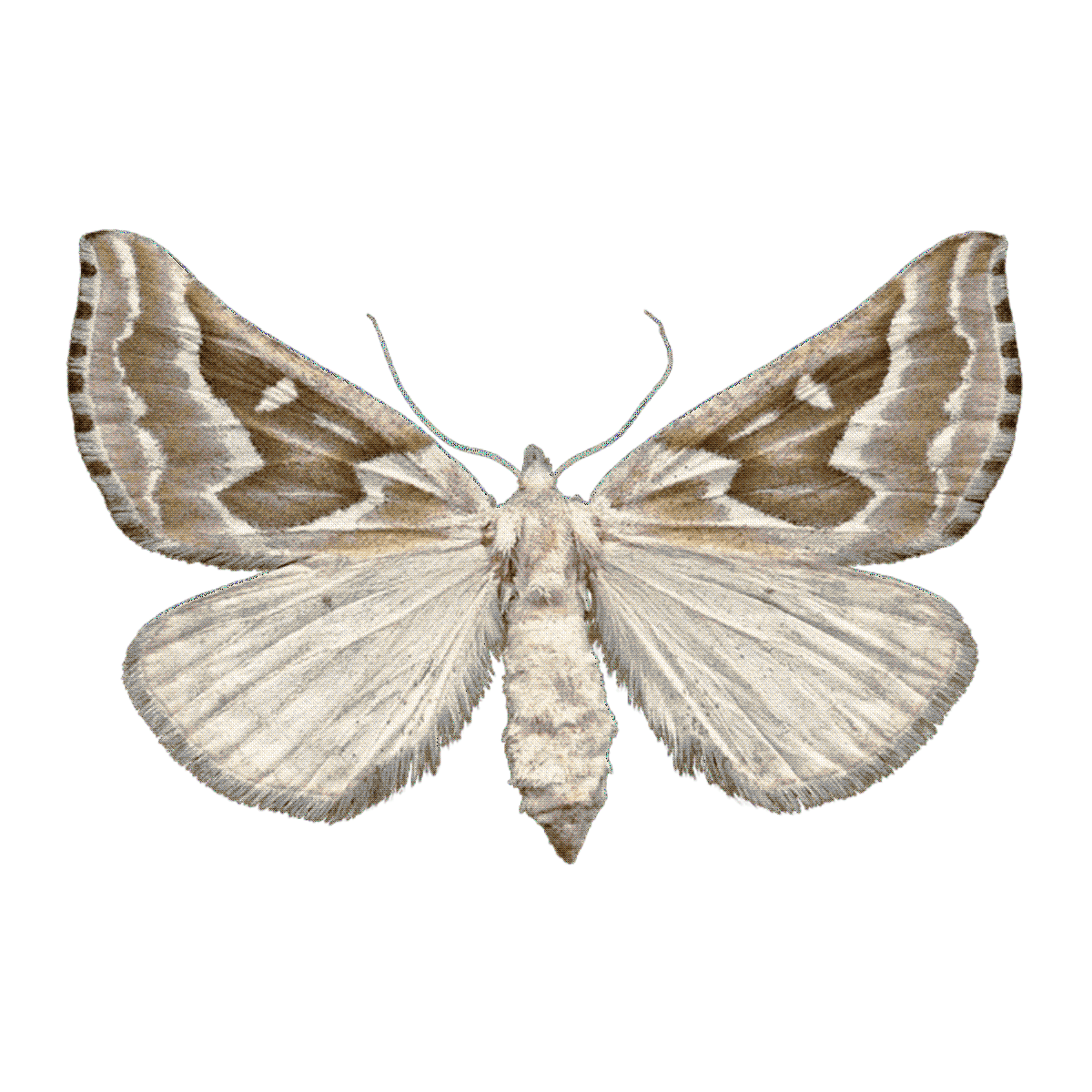About Sibyl
Sibyl & Her Miseries is a surrealist historical horror novella that I have been working on for the past year or so. It takes place in the tallgrass prairies of southeastern Kansas in 1898 and is written as if it's the journal of Sibyl, a 17 year old girl sequestered in her great aunt's farmhouse after she loses her ability to speak. More or less thrown away and ignored by her family, she is left to her own devices and begins to discover strange things in the landscape beyond her aunt's farm.
This project is in the editing stage and currently sits at ~44,000 words/~140 pages, but will likely wind up a little bit longer as I add new details while editing. The concept has lived inside of me for years and years, but only started to assemble into tangible shapes more recently. I was first enamored by writing a landscape like this one; then Sibyl's voice really started to ring in my head; and the narrative came together as if determined by a fate outside of myself - I now only have to find the right words to convey it. In all honesty, though I set out to write a horror story, I don't think it's truly scary - mostly uncomfortable, strange, and sometimes gross.
My goal is to send the manuscript out to agents once it's fully polished, which I know will involve plenty of rejection. My intention is to shop it around for two years and if I don't get any bites, I'll self-publish it - I just really like it and want to share it with others, even if it doesn't reach a super wide audience.
This page is dedicated to this project. Here is where I'll keep everything that has inspired the project so far - books, music, concepts, people. You can see it as something of a shrine to various things that intrigue & inspire me - Christian iconography, mysticism, the Great Plains, folklore, metamorphosis, eco-horror, Eros, etc. It may be of limited interest to anyone other than me, but if you're perusing this page, I hope you enjoy it nonetheless.
playlist
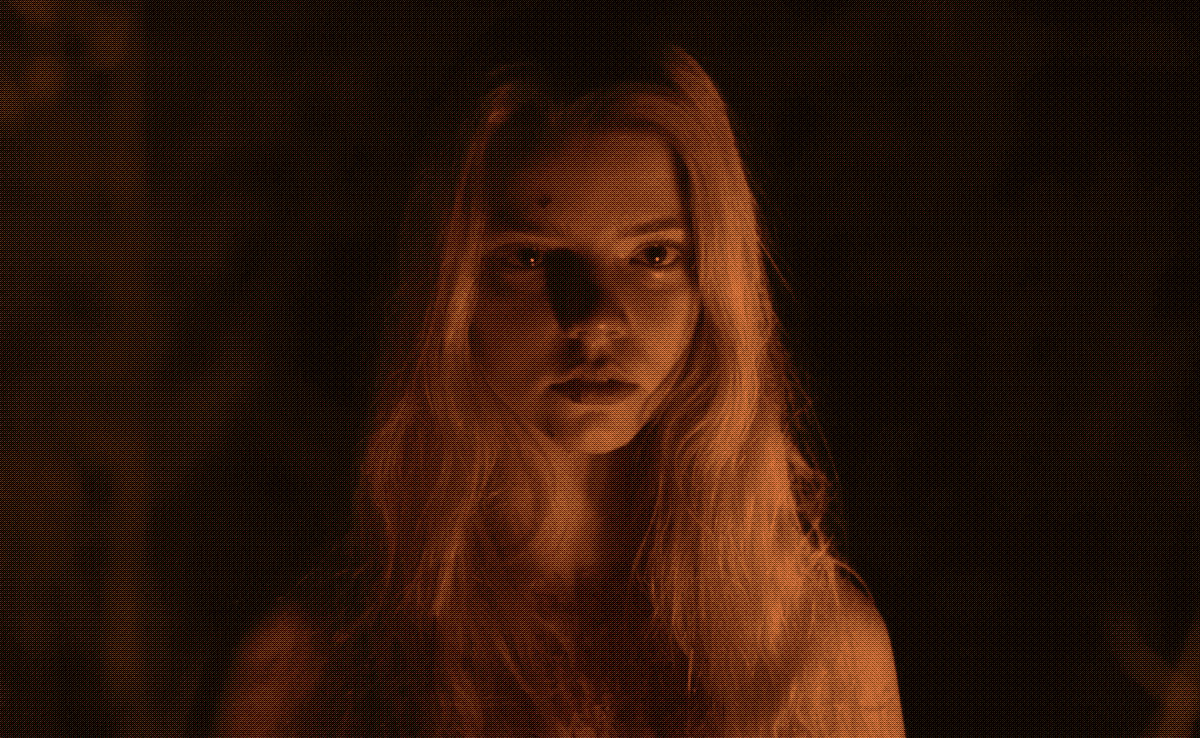
"Whatever is flesh or fleshlike is vulnerable. The mark of body is its ability to be pierced and bitten, to be prety to snakes, lightning flashes, lovers."
Martha Nussbaum, The Speech of Alcibiades: A Reading of Plato's Symposium
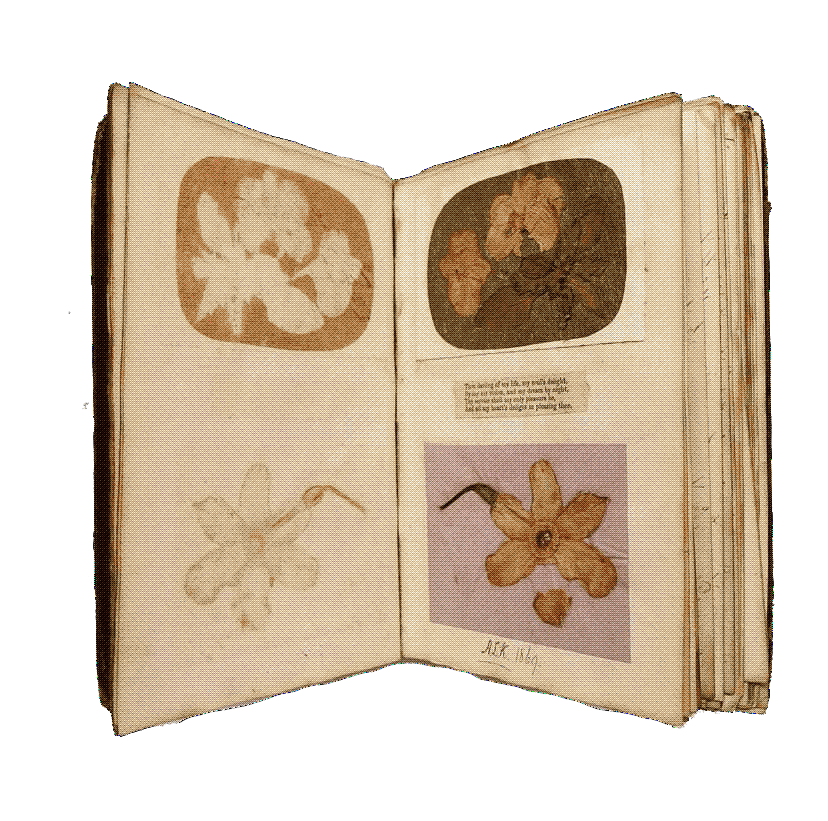
"There is no voice but is born of Me
I am there is no other God beside
Before Me all that live shall bow the knee." - John Very, "The Message"
"Wilt thou not visit me?
The plant beside me feels thy gentle dew;
And every blade of grass I see,
From thy deep earth its moisture grew." - John Very, "The Prayer"
"The Voice of Unfiltered Spirit" by Brenda Wineapple, NYRB

"Have you ever seen the face? / You know the one I'm talking about / Have you ever been to that place? / You know the one I'm not supposed to say." - Cat Power, "He Turns Down"
Since wounds were openings that ruptured the boundaries or, in anthropological terms, the limen or “threshold” between exterior and interior, medieval people, for example, guarded them in the same manner that entranceways (or eyes, or mouths) had to be guarded, since they opened the body to the outside world, and the outside world to the inner recesses. More importantly, through those openings could enter or exit any number of elements—contagion, grace, demons, angels, filth, purity, blood, pus, sweet smells, holy oil, shame, salvation The site where wounds occurred thus became infused with the most bodily theater (or theatrical bodiliness), for it existed at the crossroads—a place of possibility as well as fear, in an unclearly defined zone where the devil especially lurked. Nevertheless, what Michael Camille once wrote about the margins of medieval art might well apply to the scrawlings that took place on the skin. “If these edges were dangerous,” he wrote, “they were also powerful places,” with “betwixt and between” constituting “[an] important zone of transformation.”
- Sarah Covington, Wounds, Flesh, and Metaphor in Seventeenth-Century England
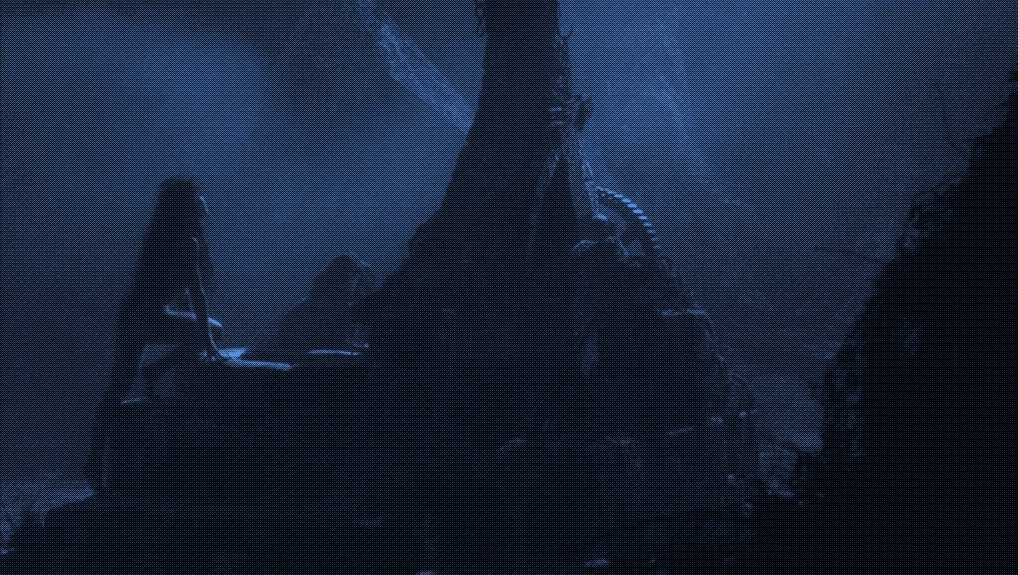
Prairie Madness
"Prairie madness or prairie fever was an affliction that affected European settlers in the Great Plains during their migration to, and settlement of, the Canadian Prairies and the Western United States in the 19th century. Settlers moving from urbanized or relatively settled areas in the East faced the risk of mental breakdown caused by the harsh living conditions and the extreme levels of isolation on the prairie. Symptoms of prairie madness included depression, withdrawal, changes in character and habit, and violence. Prairie madness sometimes resulted in the afflicted person moving back East or, in extreme cases, suicide." (from Wikipedia).

"All you ever wanted was the liminal / All you left behind was your exoskeleton" - Chelsea Wolfe, "The Liminal"
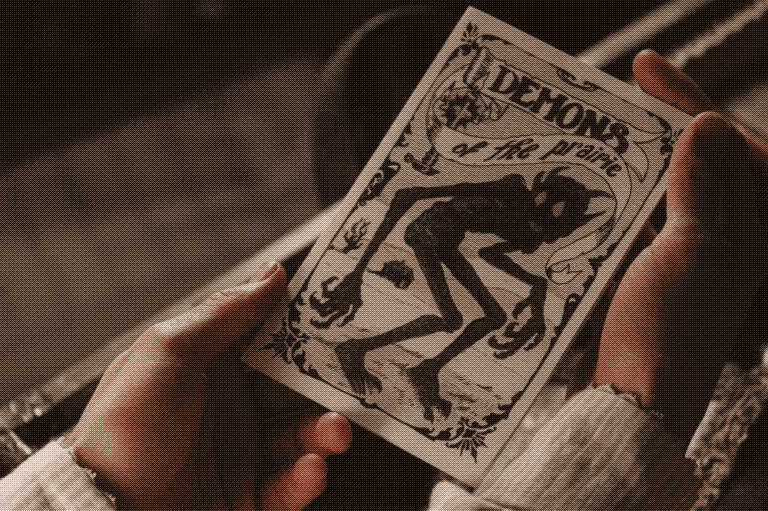
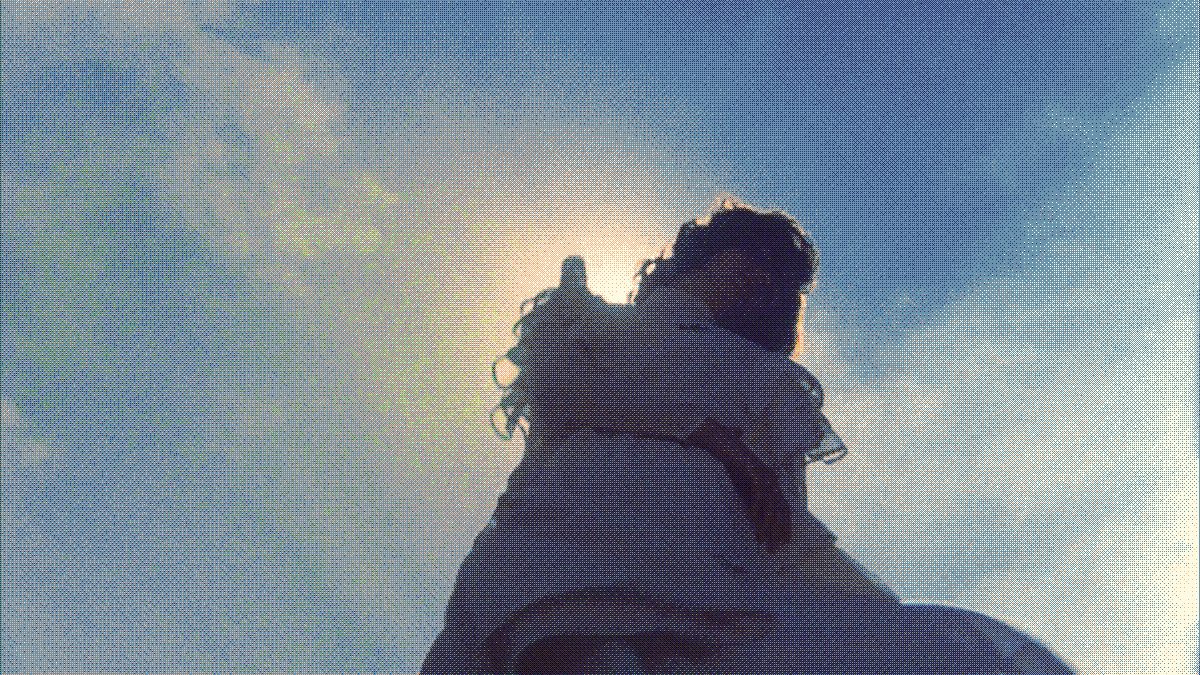
"The Helmsman" by H.D.
"O be swift—
we have always known you wanted us.
We fled inland with our flocks.
we pastured them in hollows,
cut off from the wind
and the salt track of the marsh.
We worshipped inland—
we stepped past wood-flowers,
we forgot your tang,
we brushed wood-grass.
We wandered from pine-hills
through oak and scrub-oak tangles,
we broke hyssop and bramble,
we caught flower and new bramble-fruit
in our hair: we laughed
as each branch whipped back,
we tore our feet in half-buried rocks
and knotted roots and acorn-cups.
We forgot—we worshipped,
we parted green from green,
we sought further thickets,
we dipped our ankles
through leaf-mould and earth,
and wood and wood-bank enchanted us—
and the feel of the clefts in the bark,
and the slope between tree and tree—
and a slender path strung field to field
and wood to wood
and hill to hill
and the forest after it.
We forgot—for a moment
tree-resin, tree-bark,
sweat of a torn branch
were sweet to taste.
We were enchanted with the fields,
the tufts of coarse grass—
in the shorter grass—
we loved all this.
But now, our boat climbs—hesitates—drops—
climbs—hesitates—crawls back—
climbs—hesitates—
O, be swift—
we have always known you wanted us."
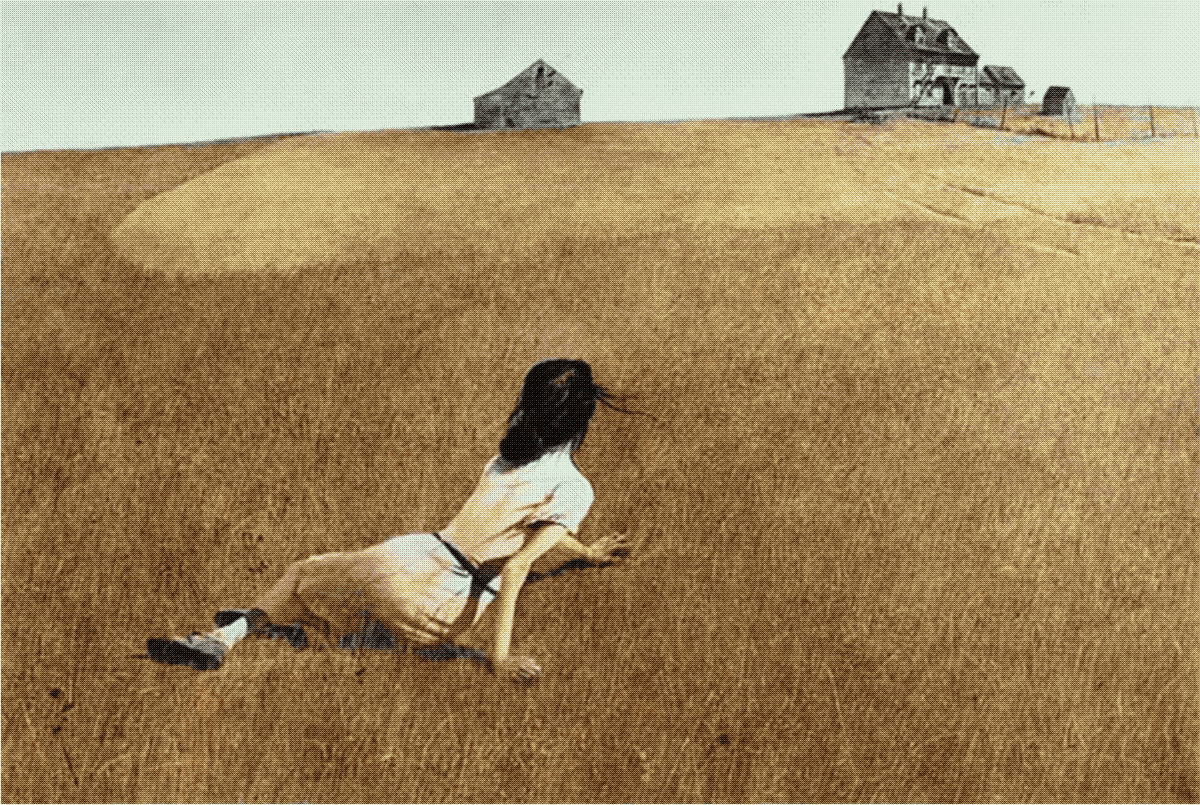
Excerpts from Revelations of Divine Love by Julian of Norwich
"This showing was quick [vivid] and lively and hideous and dreadful and sweet and lovely; and of all the sight that I saw this was the most comfort to me, that our good Lord, that is so reverend and dreadful, is so homely and so courteous, and this most fulfilled me with liking and sickerness [security] in soule."
"I saw that the second person, which is our mother, substantially the same dearworthy person, is now become out mother sensual, for we be double of God's making, that is to say substantial and sensual. Our substance is the higher part, which we have in our father God almighty; and the second person of the Trinity is our mother in kind in our substantial making, in whome we be grounded and rooted, and he is our mother of mercy in our sensual taking."
"The mother may lay her child tenderly to her breast, but our tender mother Jesu, he may homely lead us into his blessed breast by his sweet open side, and show us therein in party of the godhead and the joys of heaven with ghostly sureness of endless bliss."
"In this vision he showed me a little thing, the size of a hazel-nut, lying in the palm of my hand, and to my mind's eye it was as round as any ball. I looked at it and thought, 'What can this be?' And the answer came to me, 'It is all that is made.'"

"Six, delineation / I want to know what God knows / and I will be with Him / sent over the edge, I sigh / flush against the veil, I sing" - Ethel Cain, "Pulldrone"
books & short stories
- "The Erl-King" by Angela Carter
- The Awakening by Kate Chopin
- "Young Goodman Brown" by Nathaniel Hawthorne
- "The Yellow Wallpaper" by Charlotte Perkins Gilman
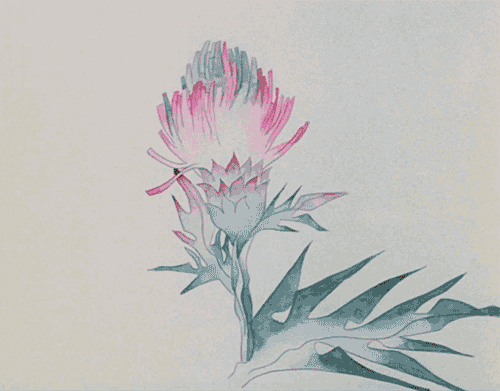
Research Links
- Empty for Sixty Years: Inside a Modest 1880's Farmhouse from Architectural Observer
- The History of Anderson County, Kansas, from Its First Settlement to the Fourth of July, 1876 by William A Johnson, 1877
- Anderson County Threatened and Endangered Species list from Kansas Department of Wildlife and Parks
- Tree Species from Kansas Forest Service
- The Kansas Forest: Trees Identified by Leaves and Fruit by W.A. Kellerman, 1885
- Kansas Wildflowers and Grasses by Time of Flowering from K-State Libraries
- Anderson County, Kansas Weather Data sourced from National Centers for Environmental Information and accessed through The Register-Guard
- Anderson County Prairies from The Nature Conservancy
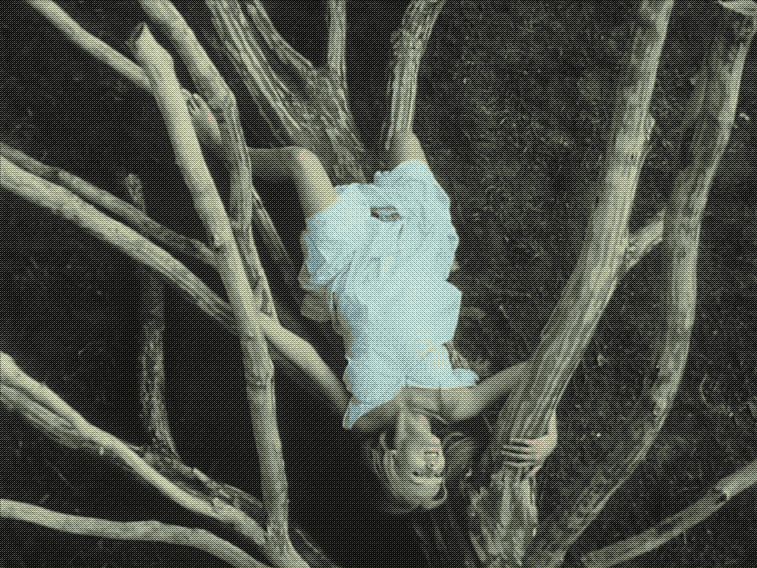
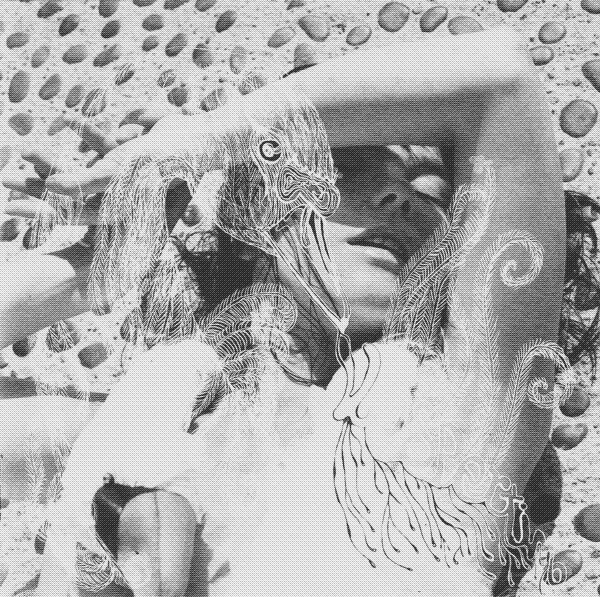
"He's the beautifullest, fragilest / Still strong, dark and divine / And the littleness of his movements / Hides himself / He invents a charm that makes him invisible / Hides in the hair / Can I hide there too? / Hide in the hair of him / Seek solace / Sanctuary" - Bjork, "Hidden Place"
from Walt Whitman's "Leaves of Grass"
"I will go to the bank by the wood and become undisguised and naked,
I am mad for it to be in contact with me."
"You settled your head athwart my hips and gently turned over upon me,
and parted my shirt from my bosom-bone, and played your tongue to my barestript heart,
and reached till you felt my beard, and reached till you held my feet."
"I am he that walks with the tender and growing night,
I call to the earth and sea half-held by the night"
"Copulation is no more rank to me than death is."
"The bull and the bug never worshipped half enough,
Dung and dirt more admirable than was dreamed."
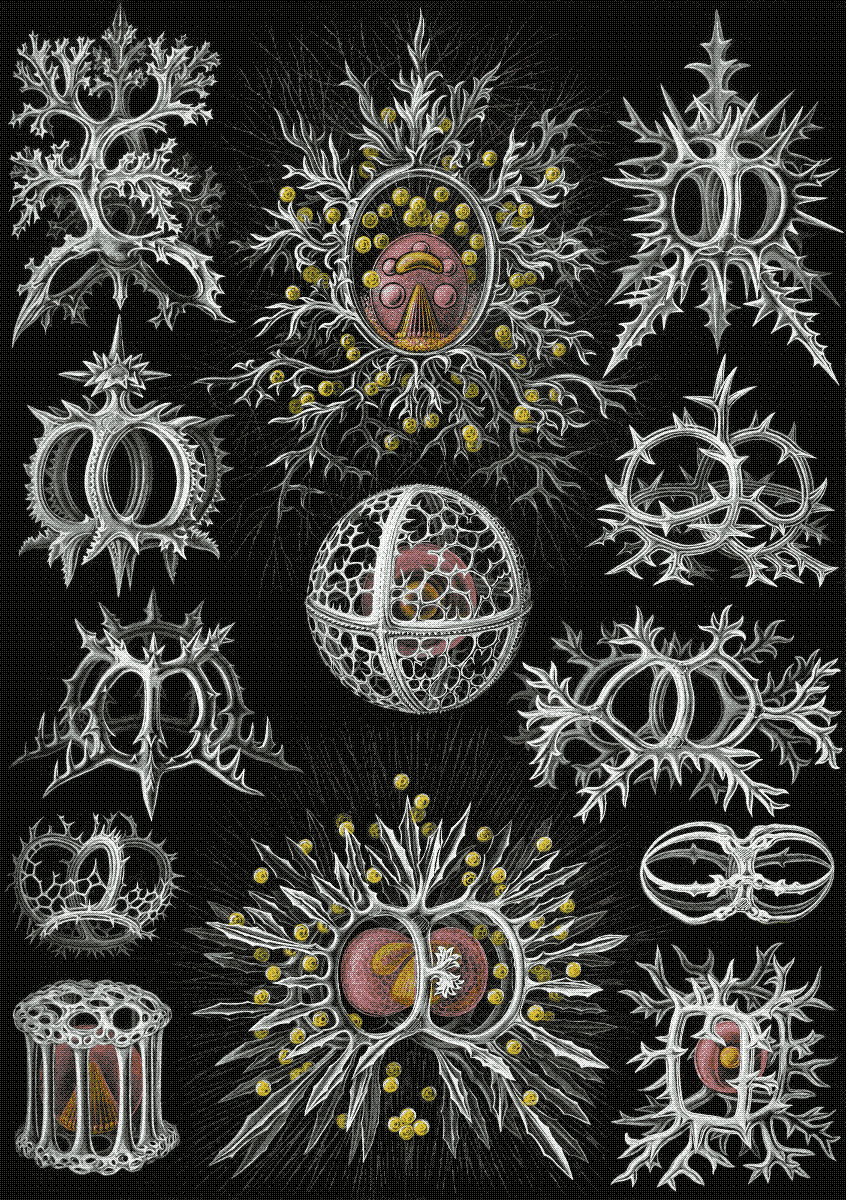
"When she felt first the fire of love burning in her breast, she was afraid thereof, and then our Lord answered to her mind and said, 'Daughter, be not afraid, for this heat is the heat of the Holy Ghost, which shall burn away all your sins, for the fire of love quenches all sins. And you shall understand by this token that the Holy Ghost is in you, and you know well wherever the Holy Ghost is, there is the Father, and where the Father is, there is the Son, and so you have fully in your soul all the Holy Trinity. Therefore you have great cause to love me right well, and yet you shall have greater cause than ever you had to love me, for you shall hear what you never heard, and you shall see what you never saw, and you shall feel what you never felt.'"
- Margery Kempe, The Book of Margery Kempe
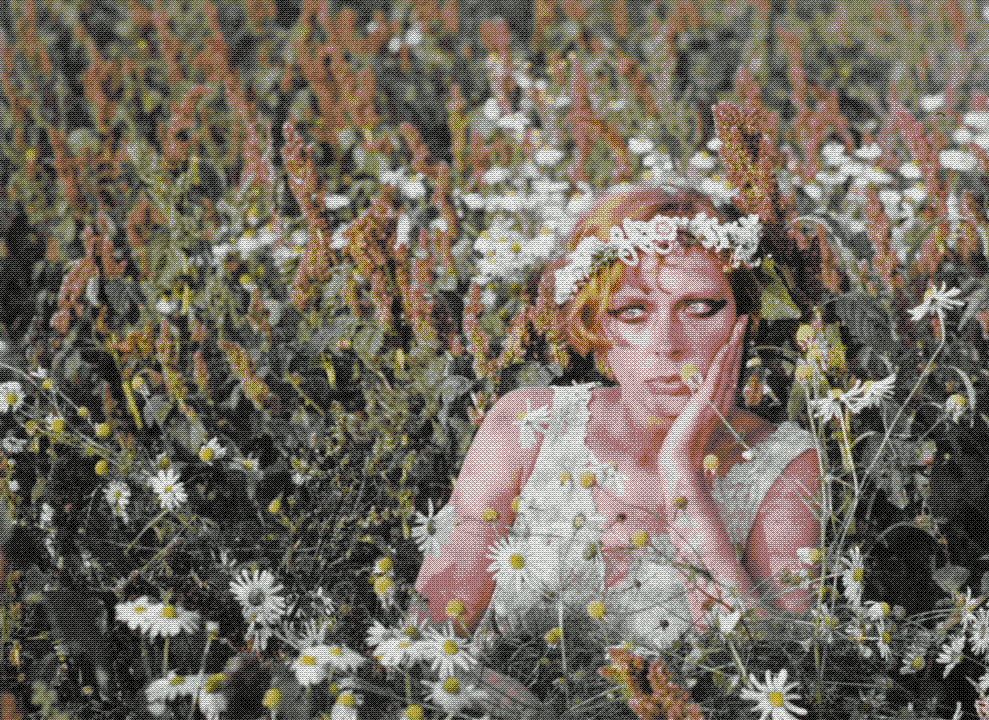
“This is a soulless spot, a ghostly cathedral overgrown with grass, the kind of kirk where the camouflaged man might deal in devotions on the devil's behalf. My five senses inform me that Satan himself has tricked me in this tryst, intending to destroy me. This is a haunted house – may it go to hell. I never came across a church so cursed.”
-Unknown, Sir Gawain and the Green Knight
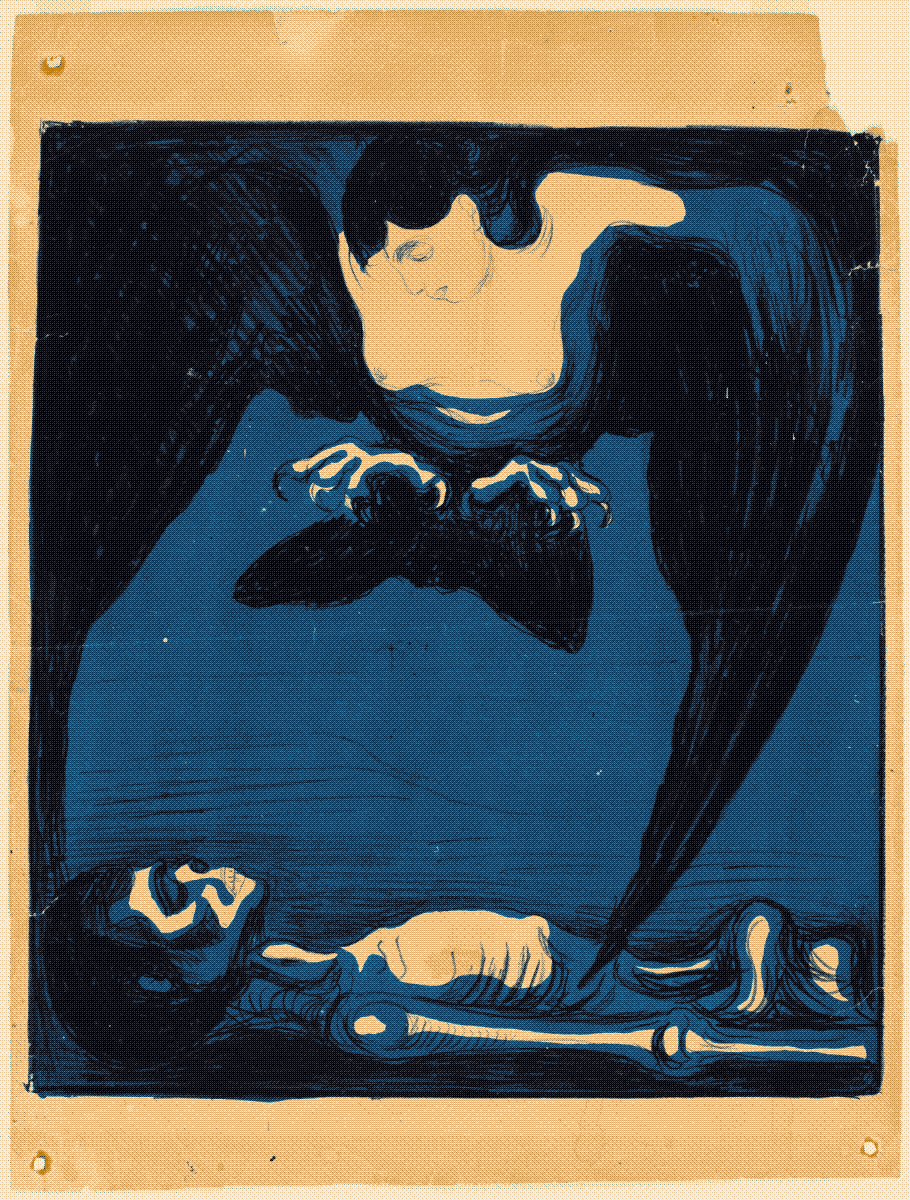
"Marsh Languages" by Margaret Atwood
The dark soft languages are being silenced:
Mothertongue Mothertongue Mothetongue
falling one by one back into the moon.
Language of marshes,
language of the roots of rushes tangled
together in the ooze,
marrow cells twinning themselves
inside the warm core of the bone:
pathways of hidden light in the body fade and wink out.
The sibilants and gutturals,
the cave languages, the half-light
forming at the back of the throat,
the mouth’s damp velvet moulding
The lost syllable for ‘I’ that did not mean separate,
all are becoming sounds no longer
heard because no longer spoken,
and everything that could once be said in them has
ceased to exist
The languages of the dying suns
are themselves dying,
but even the word for this has been forgotten.
The mouth against skin, vivid and fading,
Can no longer speak both cherishing and farewell.
It is now only a mouth, only skin.
There is no more longing.
Translation was never possible.
instead there was always only
conquest, the influx
of the language of hard nouns,
the language of metal,
the language of either/or,
the one language that has eaten all others.

"Woe to all / On the day of my wrath / Go and hide yourselves [...] / My master pulled me from my bed / Ripped every curl from out my head / Held me down to strip me bare / Said "Hell is real, I'll take you there."" - Lingua Ignota, "Woe to All (On the Day of My Wrath)"
plant life
- American plum (wild plum)
- Black oak (yellow oak)
- Bur oak (burr oak)
- Eastern redbud (red-bud)
- Eastern redcedar (red cedar)
- Hackberry
- Hickory
- Indian paintbrush
- Northern red oak (red oak)
- Ozark milk-vetch
- Pale spike lobelia
- Prairie camas
- Prairie irid
- Prairie rose
- Red mulberry
- Small skullcap
